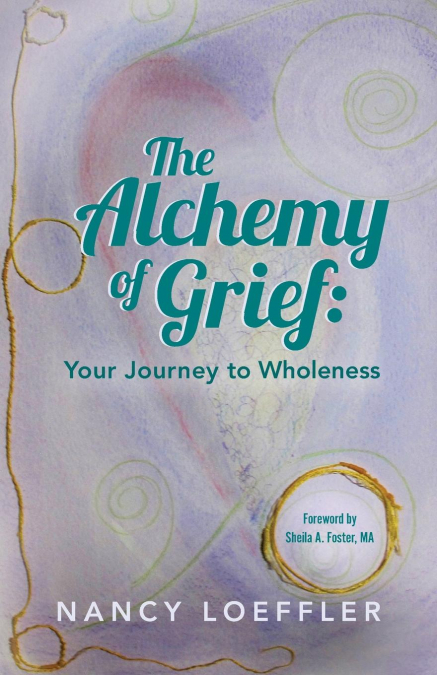
Nancy Loeffler
When a catastrophic event happens, your life changes in an instant. It may take some time for you to arrive in your new reality. Your life can take on a surreal quality. You may be in shock; you may feel like you are living in a haze, everything around you seems distorted. You may be unable to concentrate on anything; everything may be hyper clear, or moving in slow motion. Your thoughts can explode in a millions directions. There is a fracture in your life. You don’t know how you are going to fix the fracture. You want to fix it, and you remember yet again that nothing will ever be the same again. It is the space between the way things were yesterday and the land you are forced to move to without wanting to move there. The suddenness of this fracture may mean that it will take some time for you to catch up with all the changes, both energetically and physically. I didn’t know it at the time—I certainly didn’t know it on that day— but the loss of somebody that you love, and living with that loss, is exactly like crossing the border to a new, unfamiliar country. The language is nebulous and the ground unrecognizable. My grief journey was an invitation to live in a new country, one to which I had never wanted to move. The land I left behind is different than the land that I was forced to enter. On that day, as I was transported to the hospital, I crossed from one county to another. I didn’t know I was living a metaphor; it was just a day unfolding like any other. You may be in the midst of crossing that border right now. If you are, I hope this book will be useful to you as you become acquainted with your new landscape. One of the best ways to use this book is to buy a journal, and to let it keep you company as you read. At the end of each chapter there will be a list of things to try and questions for you to answer. Your journal is a place where you can record your thoughts and track your progress. It can be your companion on your own unique journey. 3